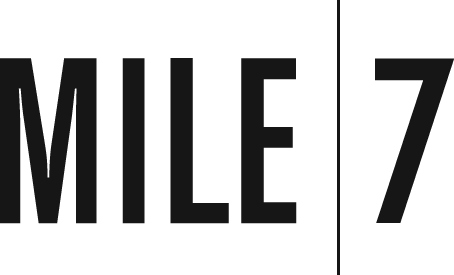Faceted Search
We’ve spent a lot of time over the past couple of years discussing search. What’s the big deal? Facets.
When the web began there were really two ways to search. The first was by navigation using some type of hierarchy to narrow the scope of a search step-by-step. DMOZ is a great example of that. The other way to search was by direct search, where a user simply types in their search phrase and the computer searches it’s database for matches. That’s Google.
As web users became more accustomed to the direct search method, the earlier navigational approach got left behind. But, as it turns out, the direct search method was not the perfect solution in many cases either. Thus “faceted search” was born.
You’ll see it all over the place today, especially with online retailers. Faceted search allows a user to find an item through direct search, then use filters or “facets” to narrow their search to find just what they are looking for. It’s really a combination of an initial direct search followed by a navigational search, progressively narrowing the options.
When we build a faceted search platform, it requires a lot of thoughtful planning. It’s easy to jump in and want to create a facet for every attribute, but to do so only overwhelms the user. Finding just the right number of options is key. To make that determination, we rely on user data. What are users searching for? What are their keywords? A usability study is a key tool for us at this point.
Once we’ve determined our facets, we need to decide when they’ll be shown. Again, we don’t want to bog down users. We try to present what we think will be the most useful facets first and then offer the opportunity to click for more.
There’s lots more of course, and when you’re dealing with thousands and thousands of SKUs, options and other data, it gets daunting. But faceted search is a terrific tool to use when crafting a high-performance website – especially in the ecommerce realm.
